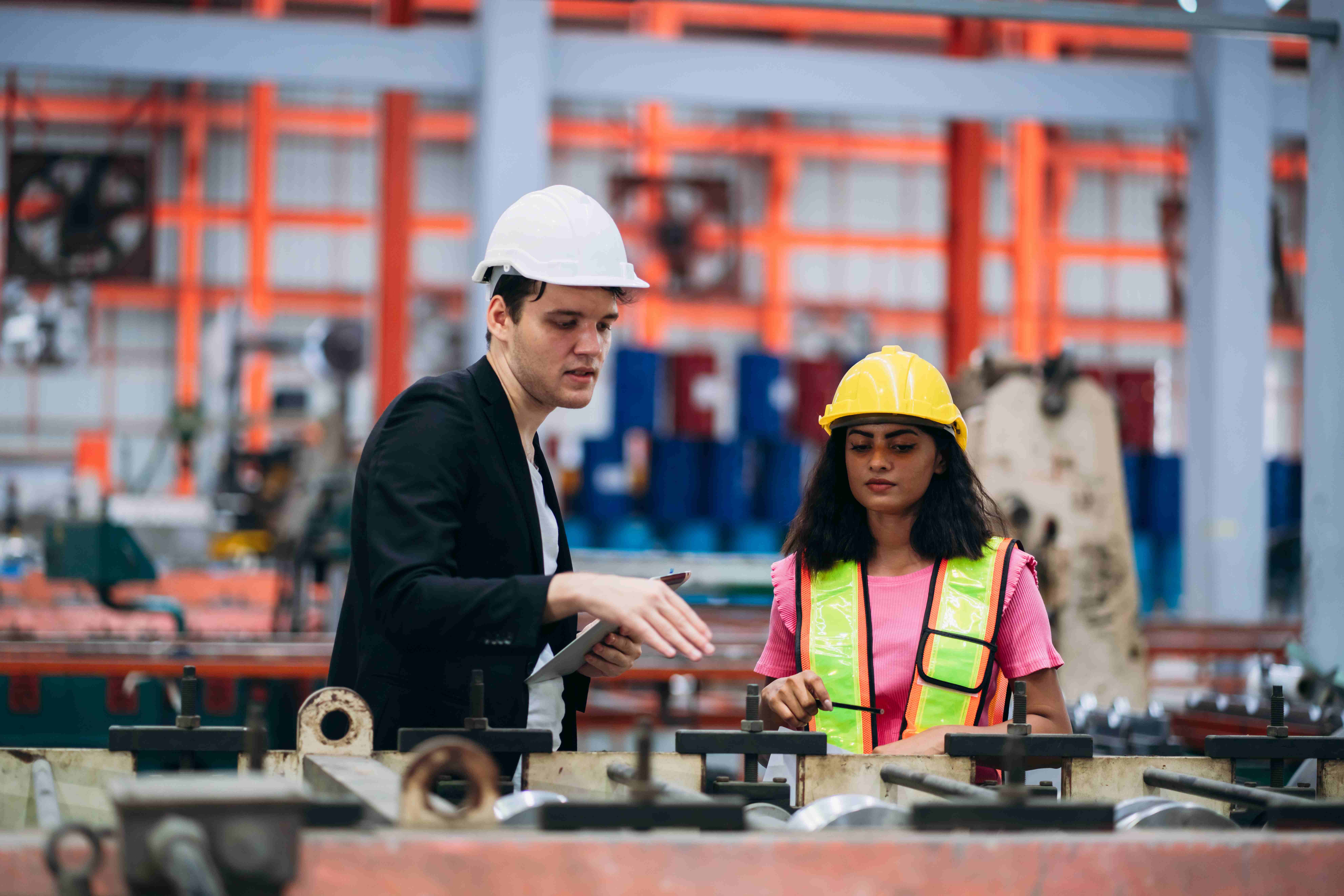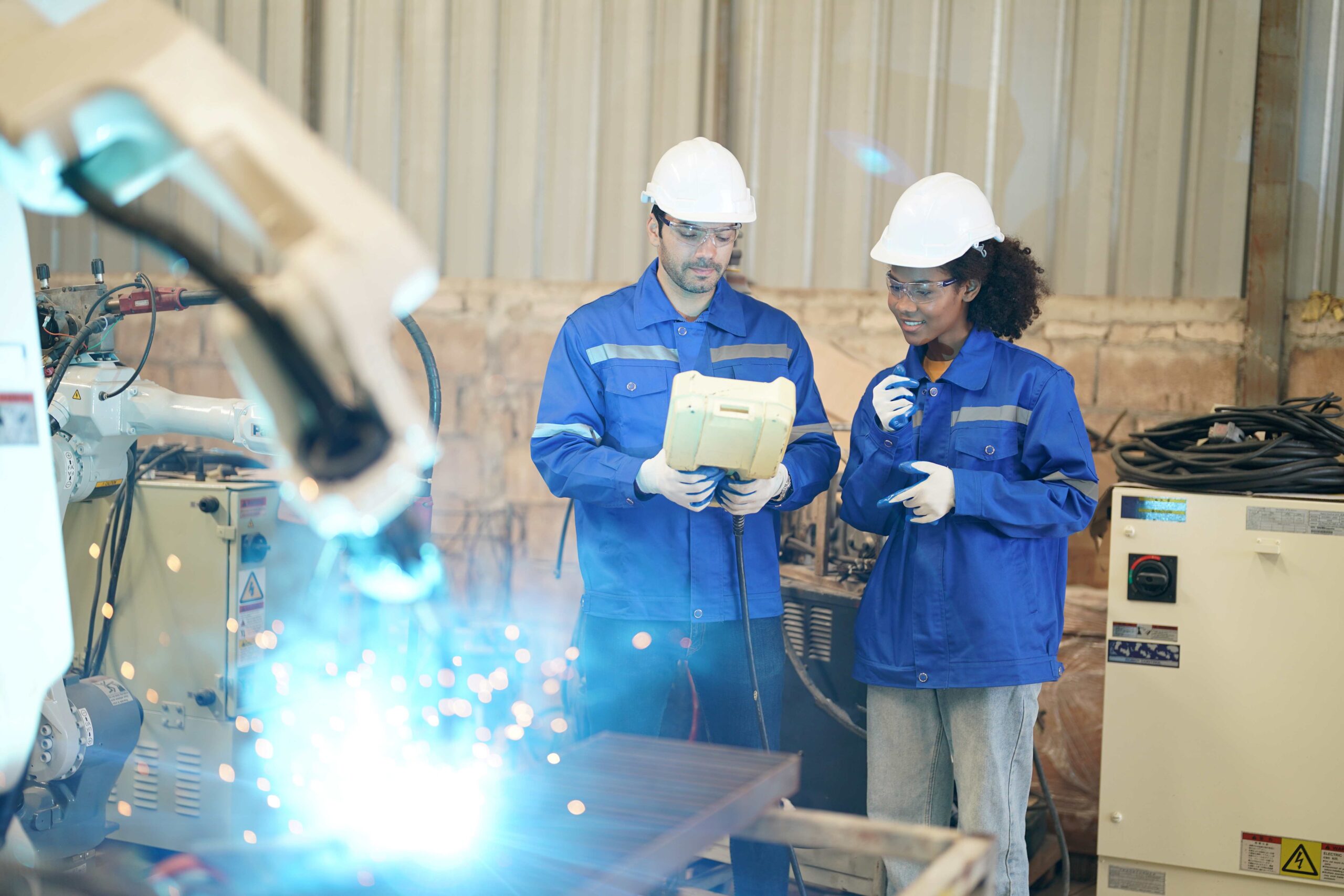Economy in Echoes and Routines
Waelder, Texas, nestled in the Gonzales County countryside, reflects the rhythm of rural commerce—measured, rooted, and quietly adaptive. During early weekdays, local shops open late, but the few that remain hold decades of loyalty. That pattern—slow start, long memory—defines more than daily routines; it shapes the city’s economy. A place where repetition isn’t dullness but structure. That’s part of the story.
Key Employers and Sectors
Waelder’s economy is built on a handful of anchor sectors. Agriculture remains vital, though fewer people today depend solely on farming. Manufacturing, construction, and service-oriented jobs account for much of the workforce. The presence of local contractors, school system roles, and municipal services provide consistent employment. Quietly—but clearly—these pillars hold up a town that values continuity more than disruption.
Food processing and small-scale logistics operations support the region’s output. Local meatpacking and produce distribution services connect Waelder with markets beyond county lines. Some jobs are seasonal. Some aren’t. But collectively, they echo the town’s flexible, keep-it-moving ethos. This rhythm often becomes most visible right before weekends—when trucks line up near the town limits.
Business Culture and Challenges
Entrepreneurship in Waelder is small but significant. Family-run shops, auto repair garages, and local cafes reflect a personalized business climate. Customers know owners by name. It seemed stable—until it wasn’t. The pandemic underscored fragility, but recovery efforts were shaped by strong social bonds and local ingenuity. Still, infrastructure challenges persist, and broadband gaps limit digital ventures.
Newcomers have started noticing the area’s logistical potential, given proximity to major highways like Interstate 10. But not exponential—not yet. Development is slow. Intentional. There’s cautious optimism in air-conditioned storefronts and new signage, yet most locals prefer steady over flashy. They’ve seen promises before—some kept, some not.
Community Investment and Local Dynamics
City leadership continues to explore incentives for attracting small industries. Land availability and affordability give Waelder a modest edge in central Texas. Regional economic councils have targeted Waelder for future agri-tech expansion, though actual uptake remains minimal.
Local partnerships between schools, businesses, and faith-based organizations support workforce training. These efforts, while small-scale, reinforce civic identity. After 6 PM, traffic slows—but meetings happen in town halls, living rooms, and church basements. The economy’s heartbeat isn’t in headlines. It’s in handshakes, job referrals, and the sound of equipment starting just after sunrise.
Looking Ahead
The future of Waelder’s economy lies in its balance—between tradition and opportunity. There’s room to grow, but little appetite for reckless change. Local businesses thrive not because they scale, but because they stay. Or maybe not. Depends who you ask. For now, Waelder’s economic blueprint is written in familiarity, cooperation, and the resilience only small towns seem to understand.

